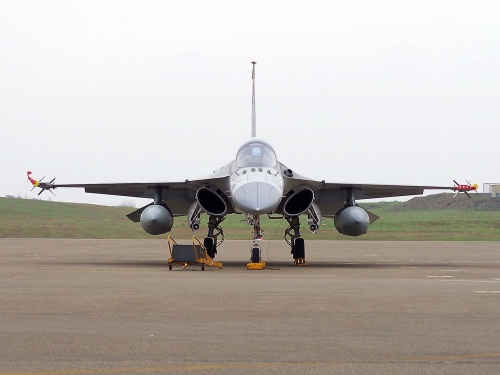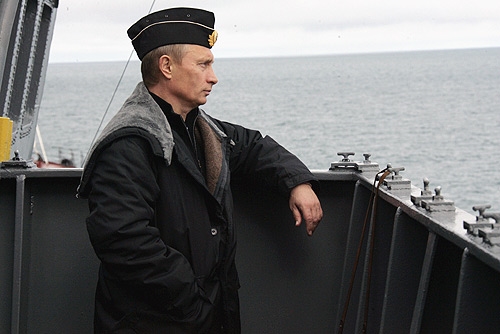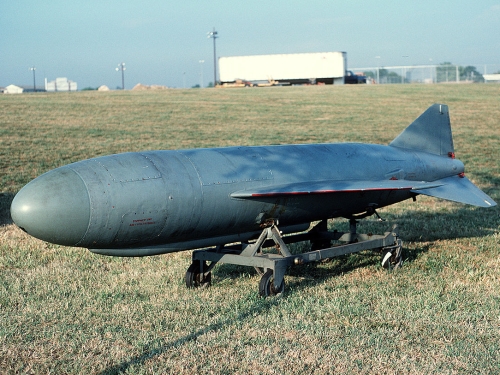
This article was originally published by the East Asia Forum on 24 October, 2014.
Procuring the Ten Thousand Swords missile system is a blunder for Taiwan; it aggravates the security dilemma between it and the PRC. For its own security, Taiwan should deter threats from the PRC by manufacturing weapons with exclusively defensive capabilities.
The Ten Thousand Swords missile, or the ‘Wan Chien’ missile, is an aircraft-launched standoff missile that creates a barrage to destroy enemy facilities such as air bases, runways and missile launching sites. Its accuracy is enhanced by radars and GPS, with a striking range of 300 kilometres. Taiwan’s Ministry of National Defense has installed the missile in 40 Indigenous Defence Fighter (IDF) aircrafts to date and intends to complete installation on all 127 IDF aircraft by the end of 2016.




